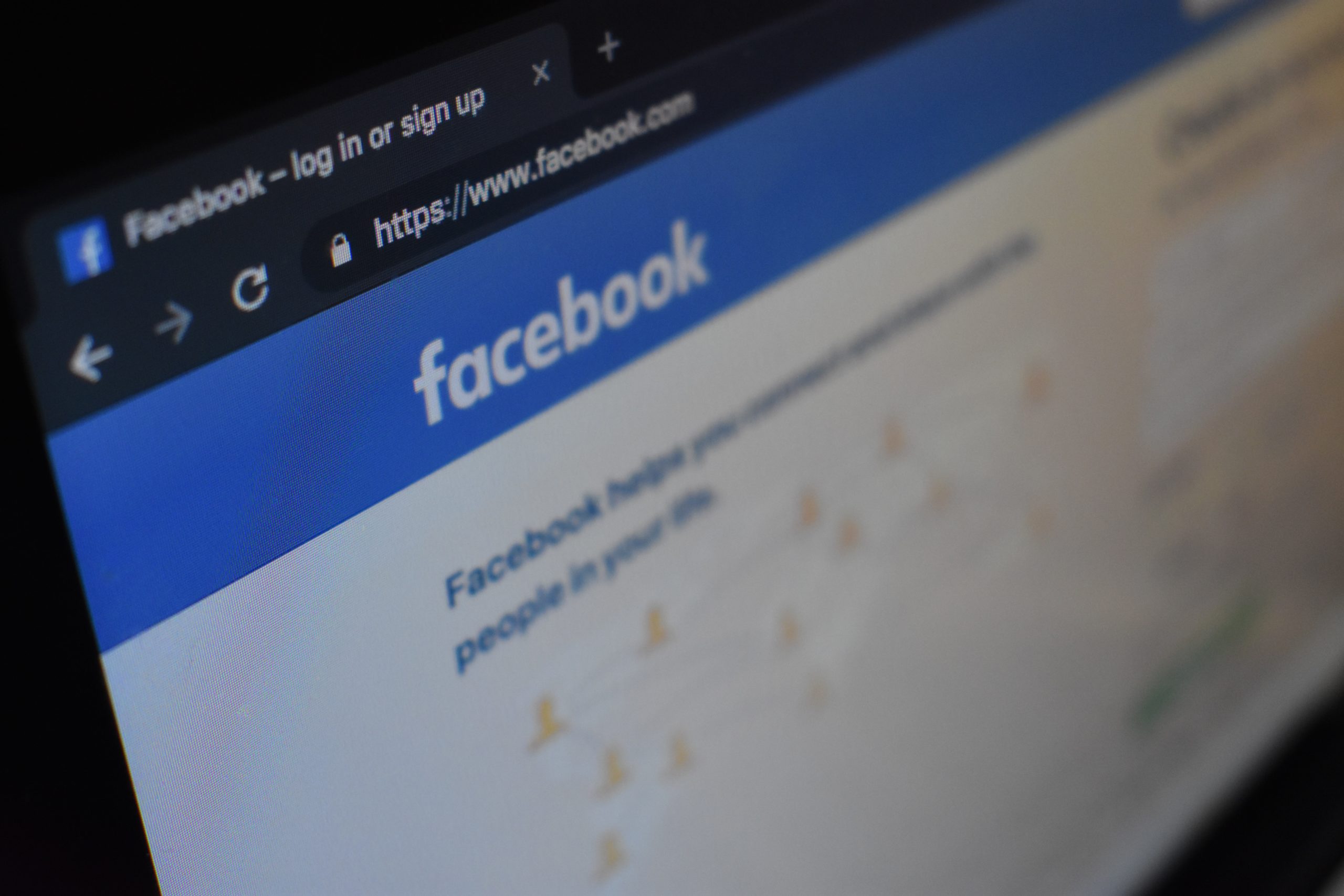
OVER 100 fake accounts related to Philippine President Rodrigo Duterte and his daughter Davao City Mayor Sara Duterte-Carpio’s potential run in the 2022 presidential election were taken down by social media giant Facebook due to policy violations.
According to Nathaniel Gleicher, Facebook’s cybersecurity policy chief, the accounts were traced to individuals from the Fujian province in China.
He noted that a total of 155 accounts, 11 Pages, nine groups and six Instagram accounts were engaged in “coordinated inauthentic behavior (CIB)” with their posts centered on global news and matters in the Philippines, the rest of Southeast Asia, and the United States. The posts were written in Chinese, English, and Filipino.
The Philippine-related content was about supporting Duterte and his daughter’s presidential campaign in 2022, while the U.S.-related content was supportive of and against presidential candidates Pete Buttigieg, Joe Biden and Donald Trump.
The content related to the Southeast Asian region was about China’s interests in the South China Sea and Hong Kong.
“They focus most of their activities on Southeast Asia. They posted in Chinese, in Filipino, and in English about global news and current events, including Beijing’s interest in the South China Sea, Hong Kong, contents supportive of President Duterte and Sara Duterte’s potential run in the 2022 presidential elections, criticism of Rappler, issues relevant to overseas Filipino Workers, praise and some criticism of China,” Gleicher said on Tuesday, September 22.
“We are attributing this to individuals operating from the Fujian province of China. In addition, it’s worth noting, as often when we conduct one of these takedowns, we’ve shared information about this with our industry colleagues and with researchers,” he added.
Gleicher also said that the discovery of the network in China was due to Facebook’s independent investigation and proactive efforts in exposing such operations.
Fake accounts related to local police and military
Another network was also recently tracked down by Facebook, this time in the Philippines, with ties to the police and military units in the country. The posts focused on “domestic audiences,” written in English and Filipino.
A total of 57 accounts, 31 pages, and 20 Instagram accounts were removed due to CIB.
Facebook also noted that the network’s operations accelerated between 2019 and 2020.
“They posted primarily in Filipino and English about local news and events, including domestic politics, the military’s activity against terrorism, the draft of the pending anti-terrorism bill, criticism of communism, youth activists and the opposition, criticism of the Communist Party of the Philippines and its military wing the New People’s Army, and the National Democratic Front of the Philippines,” Gleicher said.
“We are attributing this network to the Philippine military and the Philippine police. In particular, we found links between, behind this network connected to both of these organizations and individuals associated with those organizations,” he added.
Gleicher said that the investigation of the local network was due to the concerns raised by civil society groups in the country and online news site Rappler.
He also maintained that the accounts engaged in deceptive methods.
“So for both of them, the central use of fake accounts, as you know, is a necessary condition for us to determine something is CIB. But that doesn’t mean it’s the only deceptive [practice] they engaged in,” Gleicher said.
He added, “So we regularly see these networks using pages that don’t fully disclose who’s behind them. The patterns of engagements that they may have with these accounts aren’t just the fact that they’re fake, but it’s how they use the accounts to boost their contents.”





